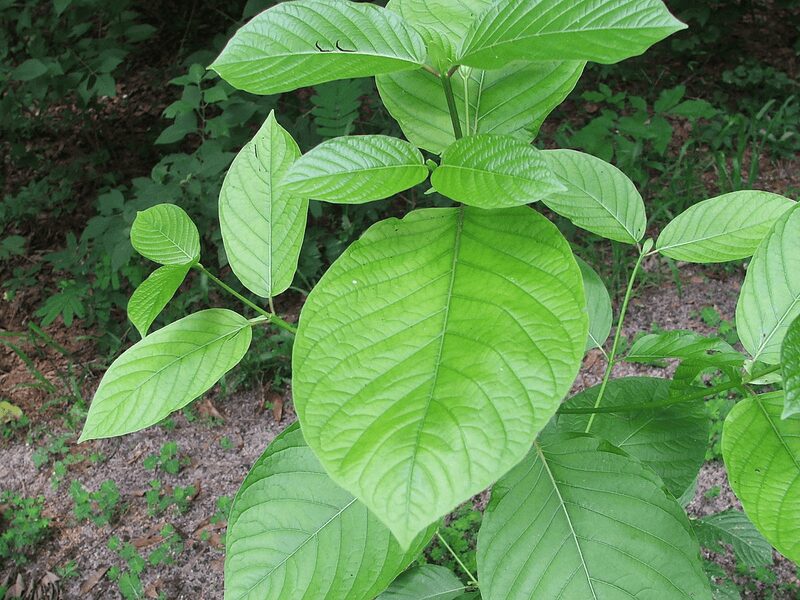Yes, kratom is legal in Texas, but with important complexities around regulation and future legislation. Kratom itself is not classified as a controlled substance in Texas, and adults can legally buy, possess, and use it statewide.
Current Legal Status of Kratom in Texas
Texas does not list natural kratom (Mitragyna speciosa) as an illegal drug under the Texas Controlled Substances Act, so there is no statewide criminal ban on possessing or selling natural kratom products to adults. There are also no cities or counties that have successfully enacted local ordinances fully banning kratom, even though some jurisdictions have discussed or considered restrictions in the past.
This means adults can legally purchase kratom in common forms such as powders, capsules, and crushed leaf from smoke shops, gas stations, and online vendors shipping into Texas. However, because Texas has not yet enacted a full Kratom Consumer Protection Act, the market is largely unregulated at the state level, and product quality, purity, and labeling standards vary widely between vendors.
Regulation Efforts and Synthetic Kratom Issues
Texas lawmakers have repeatedly tried to move toward a regulation model rather than a ban, focusing especially on synthetic variants and unsafe formulations. Prior efforts such as House Bill 1097 (2023) sought to set a minimum purchase age, require ingredient disclosure, and prohibit adulterated or synthetic kratom products, but that bill did not make it all the way through the legislative process. The pattern of these proposals shows a clear preference in the legislature for regulating kratom’s safety instead of criminalizing natural plant products outright.
At the same time, Texas has taken a tougher line on synthetic kratom alkaloids and highly altered products. State policy and public health reporting distinguish between natural kratom and synthetic or lab‑made analogues, with synthetic kratom often treated similarly to other dangerous designer drugs. Poison control data and media reports in 2025 highlight rising calls linked to synthetic kratom products, and some existing laws already ban or penalize certain synthetic variants even while natural kratom remains legal.
SB 1868 and Emerging Regulatory Framework of Kratom in Texas
Senate Bill 1868, introduced in the 2025 legislative session, is a key marker of where Texas policy is heading. Analyses of SB 1868 describe it as an effort to regulate kratom and kratom products by setting standards for legal sale, including mandatory lab testing for contaminants and alkaloid content, labeling requirements, restrictions on synthetic variants, and penalties for non‑compliance. Draft versions and committee reports emphasize a harm‑reduction and consumer‑protection approach rather than a full prohibition, with legal use allowed for adults, typically 21 and older.
However, as of the latest available status, SB 1868 had not completed the full legislative process and was noted as referred to committee, not yet enacted into law. That means Texas is in a transition phase: policymakers are clearly moving toward stricter oversight of kratom products, but the detailed regulatory framework is not fully in force statewide yet. Until such a bill passes and takes effect, kratom remains legal but comparatively unregulated from a product‑safety standpoint.
Local Authority and Potential Changes
Texas is a “home rule” state, meaning larger cities have authority to pass certain local ordinances so long as they do not conflict with state law. Because Texas has not passed a law that explicitly protects kratom or preempts local restrictions, cities and counties could, in theory, adopt their own rules to restrict or regulate sales. Up to now, no local government has successfully enacted a full kratom ban, but there have been discussions and proposals in some communities, indicating local sentiment is not uniform across the state.
Given the ongoing legislative interest, including repeated attempts at KCPA‑style bills, Texans should expect continued debate around kratom regulation in upcoming sessions. Lawmakers are balancing testimony from consumers who rely on kratom with concerns from health officials and law enforcement about untested or synthetic products sold in convenience environments such as gas stations. This makes it likely that new rules around age limits, testing, labeling, and synthetic bans will be introduced again and possibly passed in future sessions.
Practical Takeaways for Texans
For now, adults in Texas can legally buy, possess, and use natural kratom products, but they need to be cautious about what they purchase and from whom. Without a statewide testing or labeling mandate in force, the responsibility for checking quality falls heavily on the consumer, so choosing vendors that provide third‑party lab reports and clear ingredient lists is especially important.
Businesses selling kratom should pay close attention to evolving legislation like SB 1868 and existing restrictions on synthetic kratom, as non‑compliance with current or future rules could bring civil or criminal penalties once new laws take effect. Anyone who relies on kratom or operates in the industry in Texas should periodically review legislative updates and, where necessary, seek legal guidance to stay ahead of changes in this rapidly developing regulatory area.

